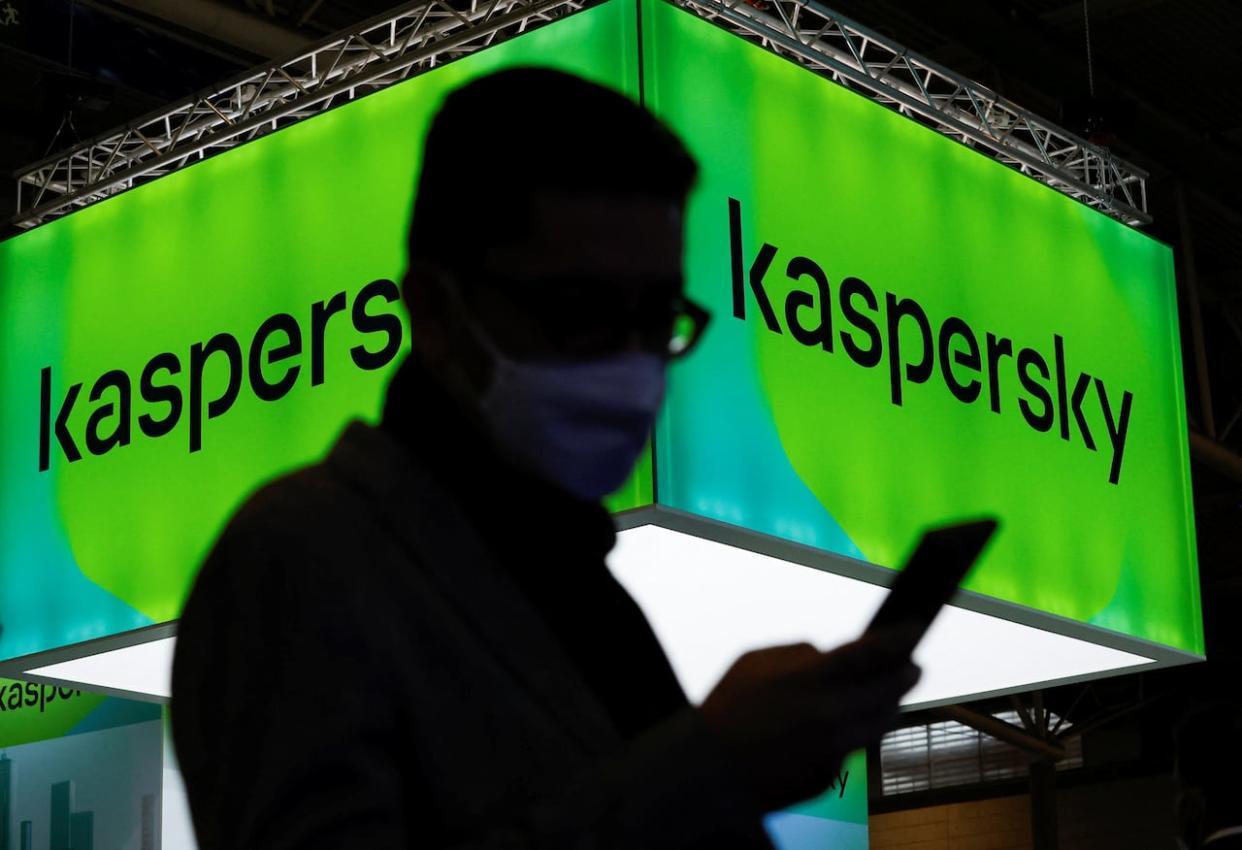Ottawa bans WeChat, Kaspersky from government-issued phones

The federal government is banning the Chinese social media app WeChat and Russia's Kaspersky Lab antivirus applications from all government-issued phones, citing security concerns.
President of the Treasury Board Anita Anand announced the ban Monday. She said her government regularly monitors potential threats and takes "immediate action to address risks."
"We are taking a risk-based approach to cyber security by removing access to these applications on government mobile devices," she said in a media statement. "We will continue to regularly monitor potential cyber threats and take immediate action when needed."
A government statement said Canada's Chief Information Officer Catherine Luelo determined that the suite of applications by WeChat and Kaspersky "present an unacceptable level of risk to privacy and security."
"On a mobile device, the WeChat and Kaspersky applications' data collection methods provide considerable access to the device's contents," the statement added.
The government statement also said that while the risks of using WeChat and Kaspersky are not in doubt, the government has "no evidence that government information has been compromised."
The federal government said that it's up to private citizens to make decisions about the applications they download and use on their mobile devices.
The government is recommending that anyone who uses these applications consult the Communications Security Establishment's online guidance to assess the risks.
WeChat used to target Michael Chong
WeChat is a popular social media, payment, instant messaging and networking app developed by the Shenzhen-based technology company Tencent. It has more than a billion users worldwide.
In August, Global Affairs Canada said that a disinformation operation on WeChat spread false information about Conservative MP Michael Chong.
"Between May 4 and 13, 2023, a coordinated network of WeChat's news accounts featured, shared and amplified a large volume of false or misleading narratives about Mr. Chong," a government news release said.
"Most of the activity was targeted at spreading false narratives about his identity, including commentary and claims about his background, political stances and family's heritage. It is the assessment of GAC that nothing observed represents a threat to the safety of Mr. Chong or his family."
The ban follows the federal government's decision in February to ban the social media app Tik Tok on all government-issued phones. All provinces subsequently banned the application from their government phones by early March.
In an email sent to Global Affairs employees explaining the ban, department officials said the decision was made following a review that found TikTok's data collection methods could lead to cyber attacks.
TikTok's corporate owner, ByteDance, is based in Beijing. Under Chinese national security laws, the government can demand access to Chinese companies' user information.


